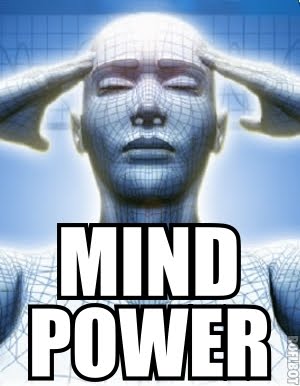Former UCLA men's basketball coach John Wooden believes we all teach by our example; what Mr. Wooden taught was the Pyramid of Success.
Former UCLA men's basketball coach John Wooden's Pyramid of Success is his careful selection and arrangement of the habits that are the fundamentals of his definition of success, which is "peace of mind that is a direct result of self-satisfaction in knowing you made the effort to become the best that you are capable of becoming."
"No written word, no spoken plea
Can teach our youth what they should be,
Nor all the books on all the shelves.
It's what the teachers are themselves."
A favorite poem of John Wooden (Author unknown)
The Pyramid contains fifteen habits that Mr. Wooden's players developed through daily basketball practice. The foundation is "industriousness," then "friendship, loyalty, cooperation, and enthusiasm;" in short, the foundation of the Pyramid is the knowledge that life, like basketball, is a team game. "The main ingredient in stardom," Mr. Wooden told his players, "is the rest of the team."
The qualities of each level are complementary, but the cornerstones, industriousness and enthusiasm, are especially synergistic together, forming the starting point to the whole philosophy. The Pyramid allowed Mr. Wooden's players to summon their best anytime, and they began the summoning by being enthusiastic about their work. Mr. Wooden subtly showed his players his own enthusiasm during games by holding in front of him a game program that he was constantly rolling tighter and tighter.
The first layer atop the foundation is Mr. Wooden's mental row of "self-control, alertness, initiative, and intentness." Mr. Wooden valued mental and physical quickness more than any other skill - players who played on the verge of being out-of-control but who were still under control. His favorite maxim is, "Be quick, but don't hurry." As a 5-ft 10-in guard at Purdue University, Mr. Wooden played at breakneck speed and was sent to the court floor, which he would bounce up off, so often that he was nicknamed "The India Rubber Man." The teams he played on won a state championship in high school, and what was then the equivalent of the national championship in college.
Mr. Wooden turns to the basketball court proper, inspired by his college coach Piggy Lambert, with the physical row of "condition, skill, and team spirit." For fifteen years, Mr. Wooden worked on the Pyramid; industriousness and enthusiasm were always the cornerstones, but skill was ultimately placed at the very heart. Coach Wooden did not give pregame motivational speeches: emotional peaks are followed by valleys. "Intensity makes you stronger. Emotionalism makes you weaker." He taught his players to "think small" during games - to concentrate on quick but proper execution. A writer for Time magazine commented that Mr. Wooden's ideal player would be "part robot and part racehorse." Mr. Wooden did not even mention the opposing team or its star player, and former Wooden center Bill Walton has joked that he had to buy a game program to find out whom UCLA was playing.
After the mental and physical comes the spiritual row of "poise and confidence." This row can be thought of as Mr. Wooden's definition of success: peace of mind which is a direct result of self-satisfaction in knowing you made the effort to become the best of which you are capable. Mr. Wooden's demeanor during games has been compared to someone waiting to have their muffler changed, but he was showing steely confidence in his players. "Don't look over at me," he would tell them during games. Mr. Wooden's college coach and mentor, Mr. Lambert, believed, paradoxically, that the team that made the most mistakes would probably win, because it is to be expected that players will make mistakes in games, and failure to take initiative is often the biggest mistake of all.
Asked about his UCLA teams' ten national championships and the apex of his Pyramid, which is "Competitive Greatness," Mr. Wooden quotes Cervantes that the road is better than the inn. "Competitive Greatness" turns out to be a byproduct of what has gone before, and the so-called corny phrases that built the Pyramid turn out not to be words at all but the example set by Mr. Wooden and his players.
Article Taken From: http://www.squidoo.com/coachjohnwooden


No comments:
Post a Comment
Note: Only a member of this blog may post a comment.